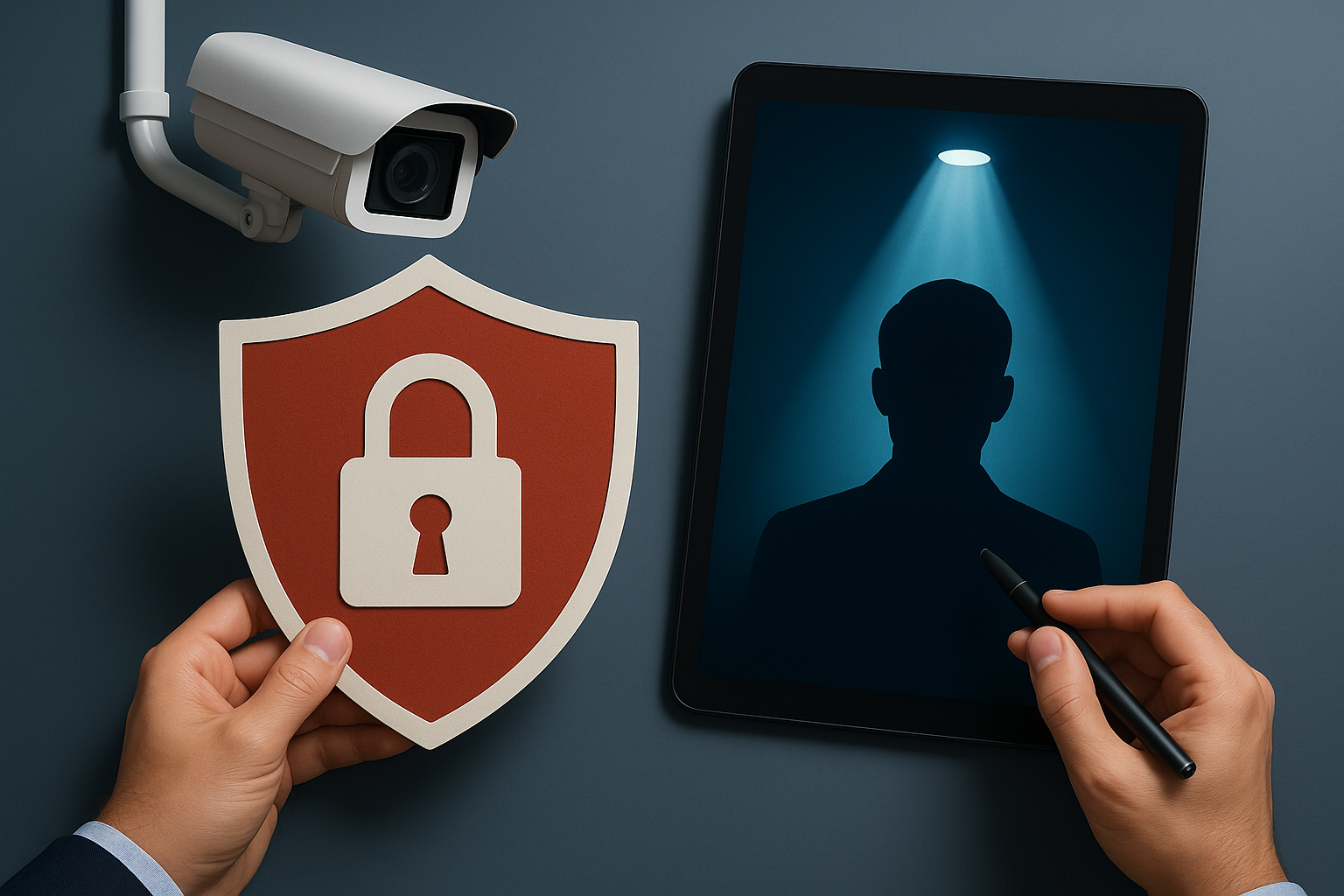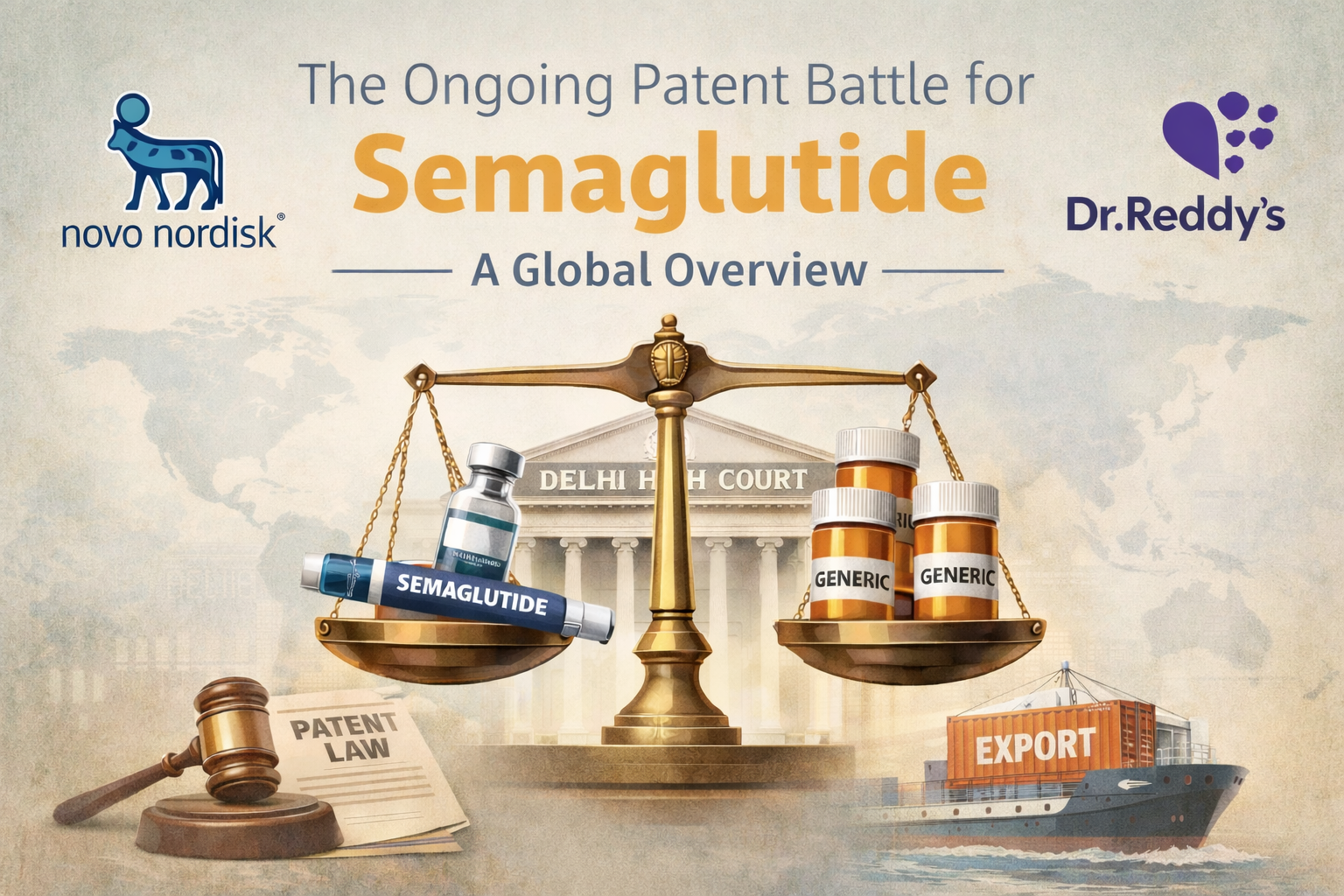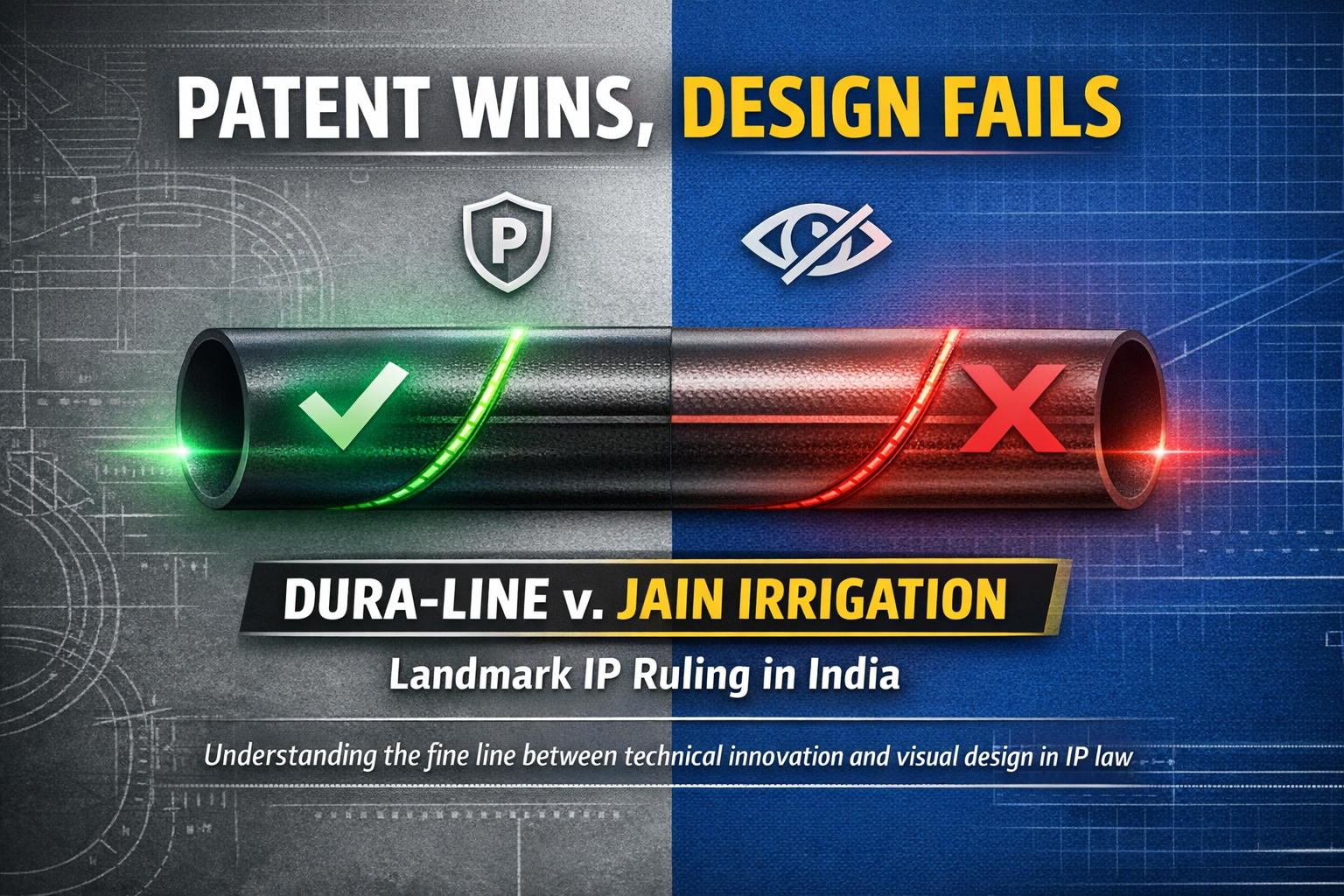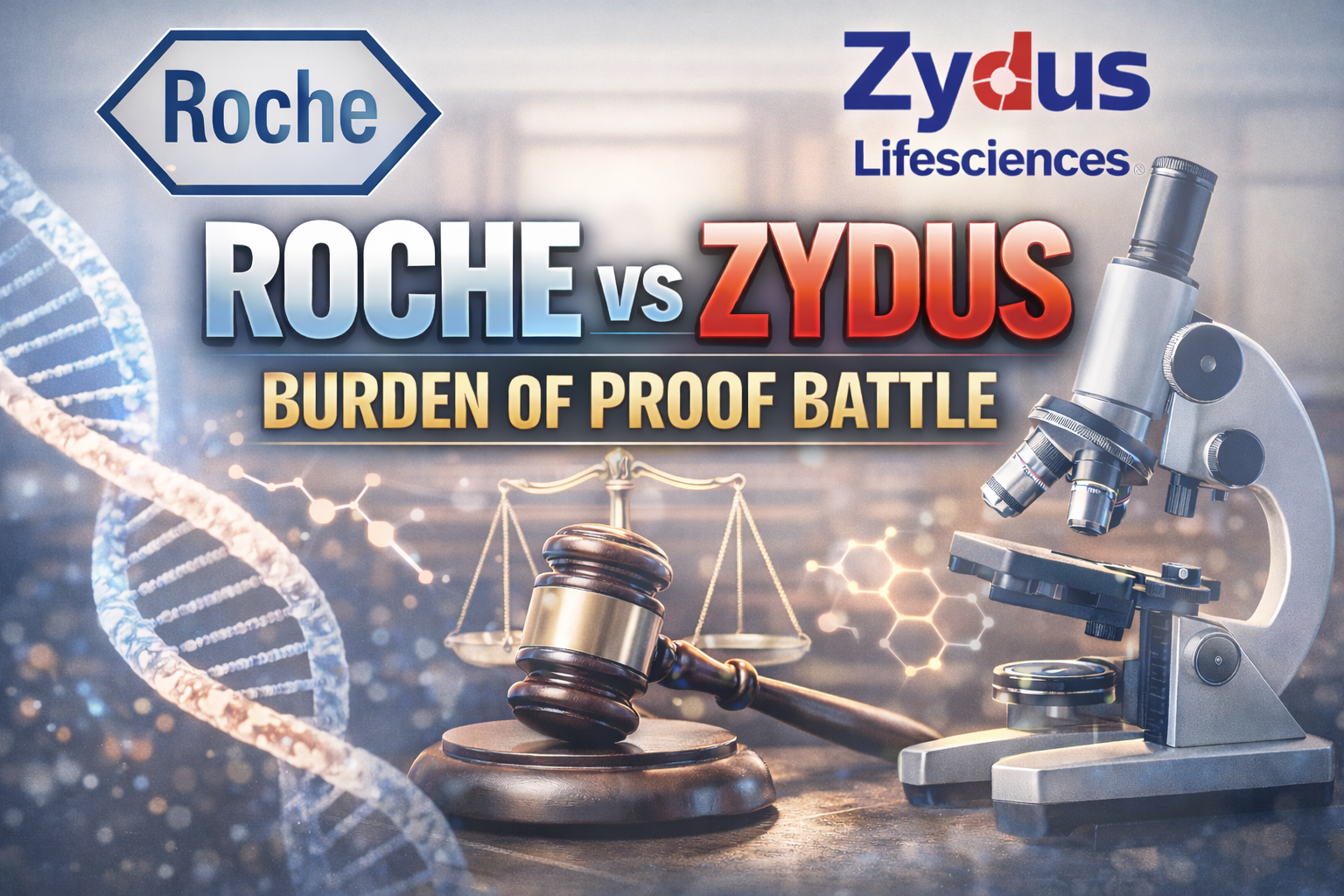
CONTROVERSIES ON RIGHT TO PUBLICITY & PRIVACY
In the age of digital media, influencer culture, and 24/7 surveillance, the lines between private and public lives are becoming increasingly blurred. At the heart of this intersection lies a contentious legal and ethical battleground: the right to publicity and the right to privacy.
Both rights aim to protect individuals—one by granting control over how their persona is used commercially, and the other by safeguarding their personal space and information. But as these rights overlap and clash, courts, celebrities, corporations, and ordinary citizens find themselves at odds. While both concepts aim to protect individuals, they often clash in unexpected ways—leading to high-profile court cases, public debates, and significant implications for celebrities, media outlets, and everyday people alike.
What Are These Rights?
- Right to Publicity: This is the right of an individual to control the commercial use of their name, image, likeness, or other aspects of their identity. It is especially relevant for celebrities and public figures whose persona has economic value.
- Legal Basis:
- No codified statute yet in India.
-
- Protected under the right to life and personal liberty (Article 21) of the Constitution.
- Recognized through judicial precedent, particularly:
- ICC Development (International) Ltd. v. Arvee Enterprises & Anr. (2003)
The Delhi High Court held that the right of publicity vests in an individual and not in an event or sponsor.
- Titan Industries Ltd. v. M/s Ramkumar Jewellers (2012)
The Delhi High Court reaffirmed that the use of a celebrity’s image without consent is a violation of their right to publicity.
- Right to Privacy: This is the broader right to be left alone and to control personal information. It applies to everyone, regardless of fame, and includes protection from unwanted exposure, surveillance, and data misuse.
- Legal Recognition:
- Justice K.S. Puttaswamy (Retd.) v. Union of India (2017) – A landmark Supreme Court judgment that declared the right to privacy as a fundamental right under Article 21. Derived also from Articles 14, 19, and 21 as part of the “golden triangle” of constitutional rights. The judgment emphasized informational privacy, bodily privacy, and decisional autonomy.
Although they are separate legal concepts, their overlap often leads to complex and controversial legal challenges.
Top Controversies in Publicity and Privacy
- SATIRE, PARODY, AND FREE EXPRESSION
Public figures frequently become subjects of parody, art, or impersonation. But where is the line between creative freedom and infringement?
For instance, when games or films base fictional characters on real people, those individuals might claim a violation of their publicity rights. Courts often have to weigh the value of creative expression against a person’s right to control how their identity is used.
- Relevant Laws:
Article 19(1) (a) – Freedom of speech and expression.
Article 19(2) – Reasonable restrictions including defamation, decency, and public order.
- Judgment Reference:
R RajaGopal v. State of Tamil Nadu (1994) – Supreme Court held that the right to publish is protected unless the content is defamatory or offensive and not in public interest.
- DEEP FAKES AND AI-GENERATED PERSONAS
The rise of deep fakes has brought unprecedented challenges. Celebrities are now seeing their faces and voices used in fake videos—sometimes for advertising, sometimes for political content, and sometimes for malicious purposes.
Even non-celebrities are at risk. With AI, a digital replica of someone can be created and spread without consent. This raises serious questions: Is using someone’s AI-generated likeness without permission a breach of privacy, publicity, or both?
- Applicable Indian Laws:
Information Technology Act, 2000:
Section 66E – Punishes violation of bodily privacy (e.g., publishing private images).
Section 67 – Prohibits publishing obscene content.
Section 72 – Penalizes breach of confidentiality and privacy by service providers.
Emerging Concern: Lack of explicit legal provisions for AI-generated impersonation.
- AFTER DEATH: WHO OWNS A LEGACY?
Should a celebrity’s image be used for profit after they’ve passed away? In some places, heirs can license a deceased individual’s identity for decades. While this helps families maintain control and generate income, it also prompts ethical concerns about commodifying the dead.
Examples like the digital resurrection of artists in advertisements and concerts spark both fascination and backlash. Indian law does not clearly define posthumous publicity rights.
- Judicial Trends: Courts may permit heirs or legal representatives to file cases for unauthorized use of a deceased person’s likeness or name under passing off or defamation principles.
- Notable Mention: No statutory posthumous publicity rights yet—debated in academic and legal circles.
- JOURNALISM VS. PRIVACY
News organizations often rely on the defense of “public interest” when reporting on individuals, especially public figures. But some argue that sensational reporting or paparazzi tactics go too far.
While the public may have a right to know about a politician’s scandals, should they also be entitled to see intrusive images of celebrities on vacation?
Key Judgments:
- RajaGopal v. State of Tamil Nadu (1994) the press can publish matters that are part of the public record without violating privacy unless it involves unauthorized personal facts.
- Puttaswamy v. Union of India (2017) Upheld that public figures do not surrender their privacy rights completely, even if the threshold for intrusion is higher.
- DATA EXPLOITATION AND THE DIGITAL SELF
Your online activity creates a digital footprint—everything from your browsing habits to facial recognition data. Companies mine this data to tailor ads or create digital profiles.
Should individuals have the right to stop companies from using their digital identity for commercial purposes? And can your online presence be protected under the right to publicity?
Recent Law:
Digital Personal Data Protection Act, 2023 (DPDP Act), Applies to processing of digital personal data in India.
Key Sections:
- Section 4 – Grounds for lawful processing (primarily consent-based).
- Section 5 – Notice obligations to users.
- Section 6 – Right to withdraw consent.
- Section 12 – Right to grievance Redressal.
Penal provisions for misuse or breach.
Overlap with Publicity Rights: Still unclear whether using someone’s digital presence for commercial profiling constitutes a publicity right violation, but the right to informational privacy is firmly protected under Puttaswamy.
DIFFERENT LAWS, DIFFERENT OUTCOMES
Legal protections for privacy and publicity vary across the world:
India and other developing nations are still evolving their stance, often drawing from constitutional rights and international norms.
This legal inconsistency adds another layer of difficulty in resolving cross-border issues, especially online.
CONCLUSION: A DELICATE BALANCE
The controversies around publicity and privacy rights reflect deeper societal tensions—between individuality and commerce, freedom and protection, visibility and vulnerability. As technology advances and the value of personal identity rises, we must rethink our legal frameworks and ethical standards to protect individuals without stifling creativity, journalism, or innovation. Ultimately, the goal should be balance one that respects both the right to control one’s image and the public’s right to know, while holding powerful actors accountable for misuse.




Leave a Reply